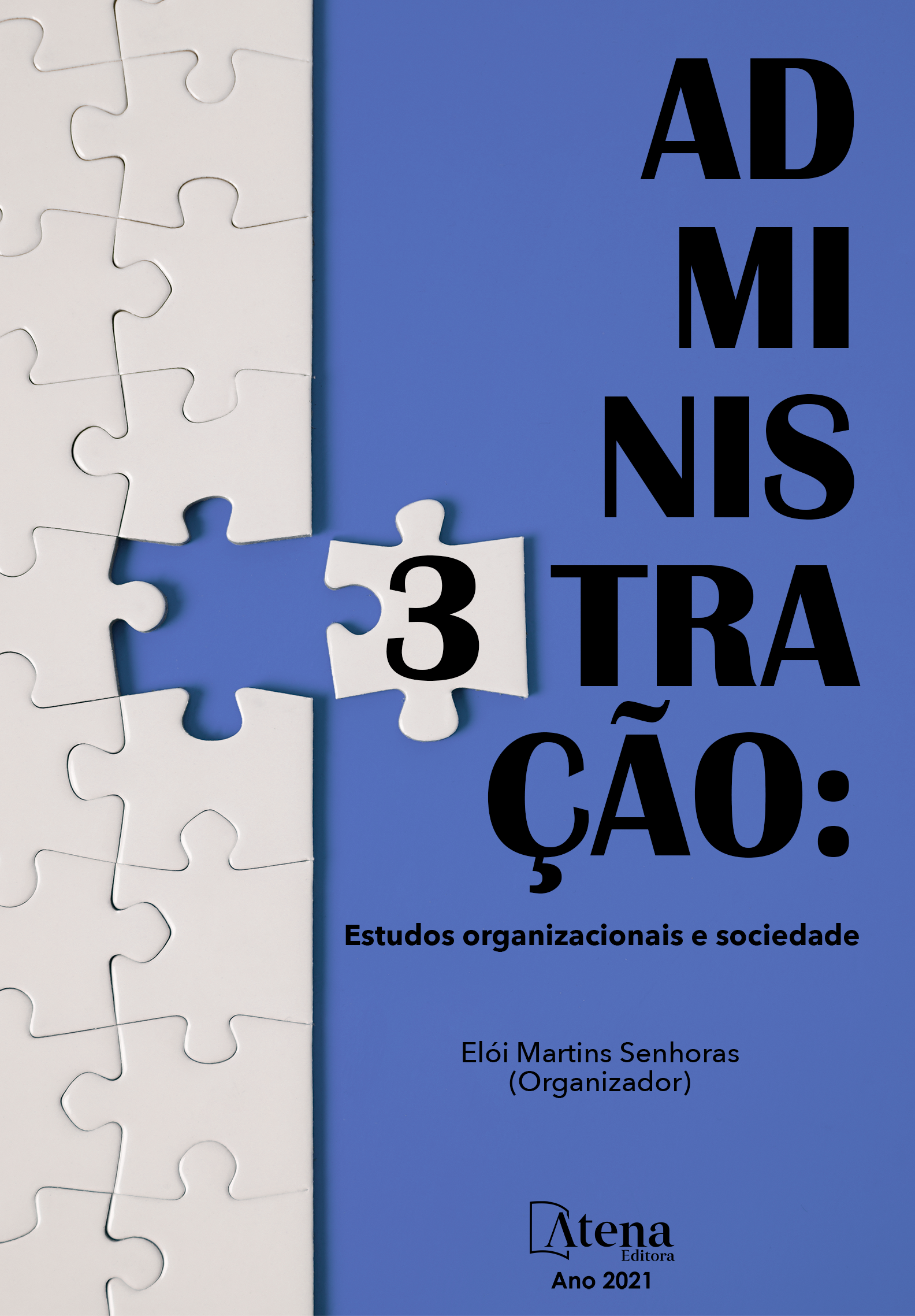
TRÊS ABORDAGENS DE ECONOMIA POLÍTICA INTERNACIONAL: UM DEBATE HIPOTÉTICO ENTRE EMINENTES PENSADORES SOBRE CRISES ECONÔMICAS INTERNACIONAIS
Este trabalho coteja as principais escolas da economia política internacional. A partir da seleção de um tema – crises econômicas internacionais, são apresentados os principais entendimentos das escolas liberal, nacional-intervencionista e socialista. Adotou-se a metodologia de um debate hipotético entre os principais autores dessas abordagens. Seus pensamentos foram extraídos da principal obra escrita por cada um deles. A escola liberal defende a autorregulamentação dos mercados globais. A abordagem nacionalista prescreve a necessidade de um Estado hegemônico para conduzir a ordem econômica internacional. A corrente socialista, ao criticar a lógica do processo de acumulação capitalista, elastece reflexões sobre as crises econômicas mundiais.
TRÊS ABORDAGENS DE ECONOMIA POLÍTICA INTERNACIONAL: UM DEBATE HIPOTÉTICO ENTRE EMINENTES PENSADORES SOBRE CRISES ECONÔMICAS INTERNACIONAIS
-
DOI: 10.22533/at.ed.6422117111
-
Palavras-chave: economia política internacional, livre mercado, nacionalismo, socialismo.
-
Keywords: international political economy, free market economy, nationalism, socialism.
-
Abstract:
This paper reviews the major schools of international political economy. From the selection of a theme - international economic crises, the main thoughts of liberal, nationalist and socialist schools are presented. It was adopted the methodology of a hypothetical debate among the main authors of these approaches. Their thoughts were extracted from the main work written by each one. The liberal school advocates self-regulation of global markets. The nationalist approach prescribes the need of a hegemonic state to conduct the international economic order. The socialist current, engaged in criticizing the logic of the capital accumulation process, enlarges reflections on the world economic crises.
-
Número de páginas: 20
- Virgilius de Albuquerque


